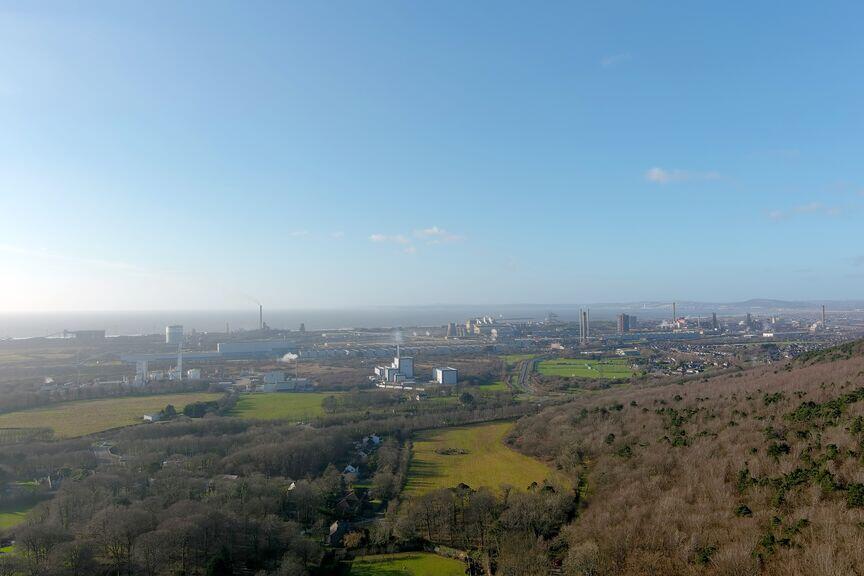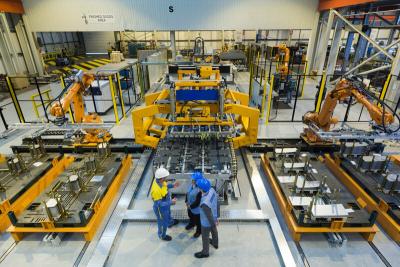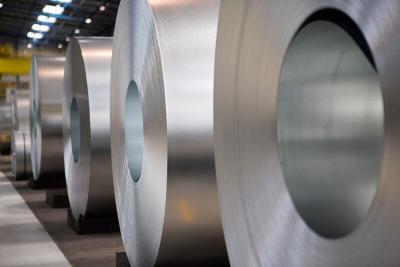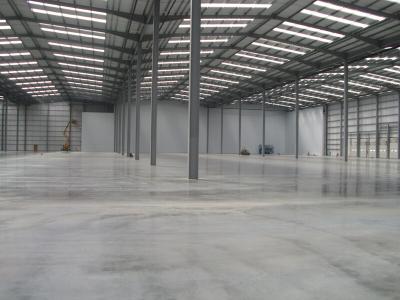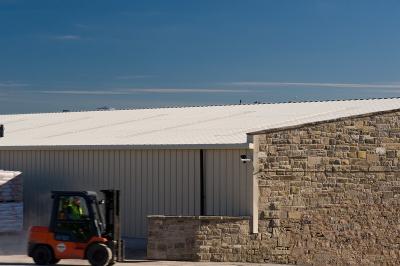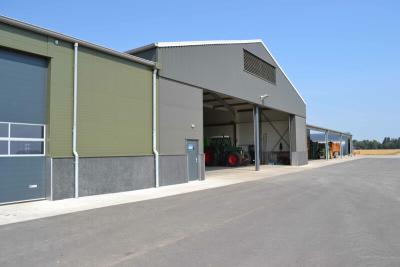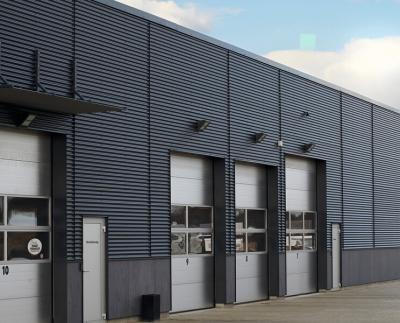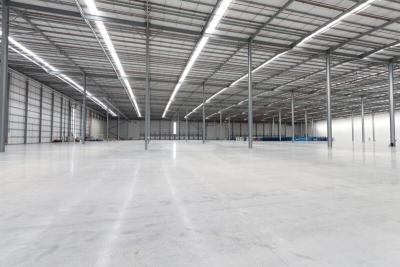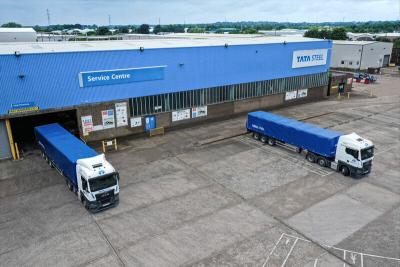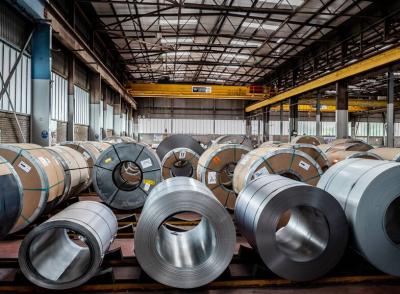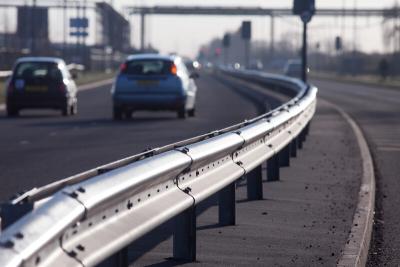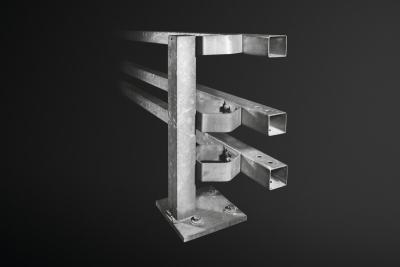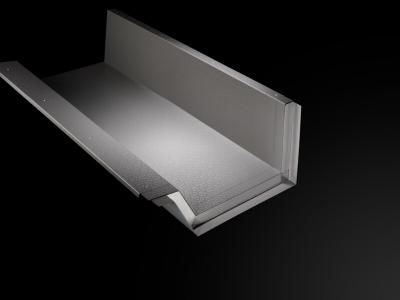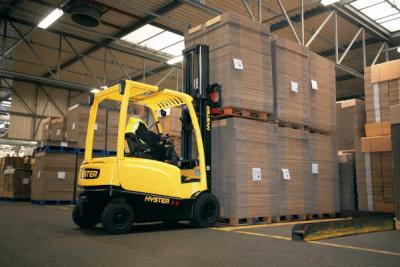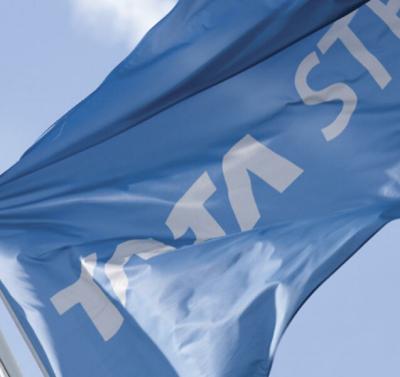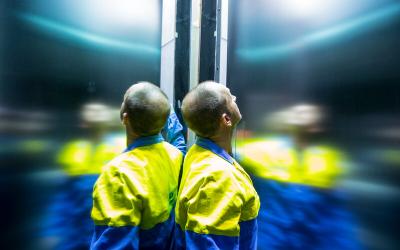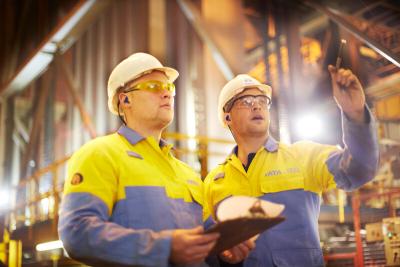Following 7 months of formal and informal national level discussions with the UK trade unions, Tata Steel will proceed with its £1.25 billion investment to build a state-of-the-art Electric Arc Furnace in Port Talbot and commence closure of the existing heavy end assets in the following months
Largest investment in UK steel industry for decades, safeguards steel sovereignty in Britain, preserves 5,000 jobs and secures future supplies to customers.
Tata Steel has informed the trade unions that Port Talbot’s two Blast Furnaces No.5 and No.4 will close by end of June, and by end of September respectively.
The multi-union proposal to maintain one blast furnace through the transition would have incurred at least £1.6 billion of additional costs (including higher operating costs and higher capital expenditure), created significant operational and safety risk, and put the business’s future continuity in jeopardy.
Discussions will continue with the trade unions during the next 2 weeks on a potential Memorandum of Understanding on the future ambitions of the business and the impact of the restructuring on employees.
Tata Steel has offered its most generous severance terms ever to impacted employees, under a financial support plan, alongside wide-ranging retraining and community support schemes.
A Voluntary Redundancy Aspiration process will be launched across Tata Steel UK from the 15th of May 2024.
Tata Steel has begun preparations to place equipment orders for the Electric Arc Furnace by September 2024 and based on current permitting timelines, begin construction on the project by August 2025.
Tata Steel has secured most of the required substrate for the full transition period for the UK’s downstream mills.
Tata Steel has agreed detailed terms with the UK Government on the proposed grant package to support the £1.25 billion investment, with final documents to be executed in the coming weeks.
Following its 19 January 2024 proposal to restructure the UK business and 7 months of formal and informal discussions with the UK Steel Committee (the multi-union forum) and its advisers, Tata Steel has today announced its decision, paving the way for a major transformation of Britain’s largest steel plant at Port Talbot, in south Wales.
The transformation will represent the single largest investment in UK steelmaking in decades, safeguard its long-term future, secure 5,000 jobs directly at Tata Steel, whilst creating more indirect jobs in engineering and construction, and reducing CO2 emissions by 5 million tonnes each year. Please see a video here which explains how the company will make steel in Port Talbot after its transformation: www.greensteelfuture.com
This transformation will also address the ageing profile of the existing heavy end assets and declining reliability that has resulted in challenging operating conditions, lower volumes, and higher costs of production and maintenance. Tata Steel UK has already had to supplement its own production with imported material of 333,000 tonnes during the last six months, to serve its customers. In the Financial Year 2023-24, Tata Steel UK has recorded a negative EBITDA of £ 373 million and negative free cashflow of £ 623 million.
Following a meeting with the UK Steel Committee, Tata Steel’s CEO and Managing Director, Mr. T V Narendran, said:
“Having looked carefully at all the options over the past seven months in consultation with union representatives, we have decided to proceed with our proposed restructuring and transition. This is the most viable proposal, in contrast to the unions’ unaffordable plan which has high inherent operational and safety risk. Our proposal secures a long-term future for the business and preserves the majority of jobs in the UK. We will continue to work with the trade unions over the following 2 weeks to agree a memorandum of understanding on the future of the UK business and the impact on our people. Tata Steel is committed to creating a low-CO2 steel business at the heart of a green industrial ecosystem in Wales and the wider UK to safeguard steel supplies and create economic opportunities for generations to come.”
During the consultation process, Tata Steel revised its original proposal, agreeing to continue to operate the Hot Strip Mill through the transition period. The company also reached alignment with the UK Steel Committee that production on the Coke Ovens and one Blast Furnace needed to cease by mid-2024.
The company considered carefully an alternative multi-union plan, which involved continuity of Blast Furnace No.4 through the transition to the electric arc furnace. As part of the detailed analysis, the company and the unions’ adviser reached a common conclusion that this plan would involve significant additional costs of at least £1.6 billion (including higher operating costs and higher capital expenditure).
In addition, the company has explained to the UK Steel Committee representatives who visited the site, that building a new electric arc furnace while continuing to operate the existing steel melting shop is high-risk and complex and will delay the transition by two years.
Consequently, the company will proceed with its proposal in which Port Talbot’s two blast furnaces, known as No.5 and No.4, will close by end of June and latest by the end of September, respectively. Following the closure of Blast Furnace No.4, the remaining heavy end assets will wind down, and the Continuous Annealing Processing Line will close in March 2025.
A Voluntary Redundancy Aspiration process will be launched across Tata Steel UK from the 15th of May 2024. On 22 March, Tata Steel had UK announced an enhanced employee support package, which is the most generous financial support package ever offered to outgoing employees. For more details of the package for affected employees, see here: Significantly enhanced support package offered to employees | Tata Steel in Europe (tatasteeleurope.com)
Tata Steel UK will also provide additional support to affected employees with job searches; supporting facilities for training & upskilling activities; finance for small and medium-sized businesses through UK Steel Enterprise regeneration and job creation scheme; and has committed a one-time £20 million to the Transition Board (out of its total £100 million). Tata Steel will now work closely with the Transition Board and a range of regional and national stakeholders to ensure that this investment, coming at the same time as the establishment of the Celtic Freeport, provides a catalyst for the economic regeneration of south Wales and creates high skilled, well-paid jobs for local people in the coming decades.
Tata Steel has progressed to an advanced stage of engineering and expects to place equipment orders for the electric arc furnace by September 2024 and based on current permitting timelines, begin construction on the project by August 2025. Tata Steel UK has also accepted a revised and updated connection offer from National Grid, the UK’s power infrastructure company, and will be finalising documents in the coming days, ensuring it will have the power infrastructure in place to commission the electric arc furnace on schedule by end-2027.
As part of the detailed planning work for a safe and smooth transition, Tata Steel UK has already secured most of the slab and hot rolled coil substrate required during the transition, to ensure a seamless service to its downstream businesses and customers. The company has agreed details with Associated British Ports to expand the slab handling and stock holding capacity in the south Wales ports and is also in advanced discussions to have the rail movement capacity ready for onward transportation of substrate to the appropriate sites.
Tata Steel UK’s CEO, Rajesh Nair, said:
“We have spent the last seven months openly and transparently sharing detailed business information, asset condition, maintenance plans and market forecasts with our trade union colleagues and advisers. While we have agreed to keep the Hot Strip Mill running through the transition, the unions’ plan presents significant financial, operational and safety challenges, and delays the transition to green steel by two years. We have concluded that it is not feasible to accept their plan, and it is not affordable.
“This is a difficult period of change for our people, and we will do our upmost to support them. Tata Steel has always been a responsible, long-term and patient investor in its UK business, and we are committing significant additional capital to ensure that we can create an operationally, financially and environmentally sustainable business for the future."
-ends-
For further information:
Rob Simpson on +44 (0)7990 786531 rob.simpson@tatasteeleurope.com
Abigail Thomas on +44 (0) 7972 575062 or Abigail.thomas@tatasteeleurope.com
Will Thomas on +44 (0)7776 692746 or wthomas@headlandconsultancy.com
Headland Public Relations tatasteel@headlandconsultancy.com
About Tata Steel UK
The Tata Steel Group has been named one of the most ethical companies in the world and is among the top producing global steel companies with an annual crude steel capacity of 34 million tonnes.
Tata Steel in the UK has the ambition to produce net-zero steel by 2045 at the latest, and to have reduced 30% of its CO2 emissions by 2030.
Tata Steel is the largest steelmaker in the UK with primary steelmaking at Port Talbot in South Wales supporting manufacturing and distribution operations at sites across Wales, England and Northern Ireland as well as Norway, Sweden, France and Germany. It also benefits from a network of international sales offices around the world.
Tata Steel employs more than 8,000 people and has an annual crude steel capacity of 5 million tonnes, supplying high-quality steel products to demanding markets, including construction and infrastructure, automotive, packaging and engineering.
Tata Steel Group is one of the world's most geographically-diversified steel producers, with operations and a commercial presence across the world.
The group recorded a consolidated turnover of ~US$30.3 billion in the financial year ending March 31, 2023.
